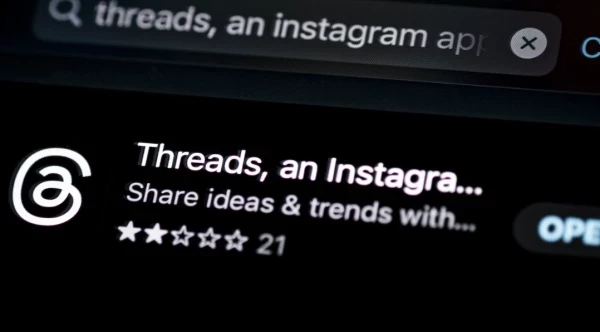New Study Shows How Criticism on Social Media Can Negatively Impact Your Brand
Add bookmark
Social media has become a critical resource for brands in the digital age. As customers increasingly use their social platforms to share every aspect of their lives, companies are taking the opportunity to adapt and evolve their social strategies to effectively meet customers on the channel of their choice.
However, just because customers now choose to share all of their experiences online doesn’t mean companies should diligently react to every negative response they may receive — contrary to popular belief.
New research from the Harvard Business Review suggests that consistent interaction and responses to negative feedback on social media may not be as helpful as brands commonly thought. While it’s important to proactively manage negative perception online, these consistent reactions may actually be perpetuating a negative social image.
Twitter Analysis
The survey analyzed Twitter traffic of 375 leading S&P 500 companies and found that the effects of a publicized negative complaint consistently outweighed the impact of a positive outpouring of support from the company.
They furthered these findings by defining two social strategies: the first, an open strategy, provided public responses to at least 75% of complaints. The closed strategy occurred when firms directed the complaint to a private space at least 75% of the time.
Ultimately, the researchers concluded that organizations who responded to complaints more frequently were more likely to fall in value and perceived brand quality. This means that an open strategy, which continues responses on the public platform, would correlate with a greater decrease in perceived value. Additionally, by increasing responses, companies often drowned out their other more positive tweets, decreasing engagement rates for other unrelated tweets.
These findings make sense, if a brand is consistently addressing negative feedback on their page they’re often only satisfying the customer tweeting at them. Once this customer’s complaint is resolved the post remains visible indefinitely, damaging the brand's reputation or, at the very least, making all issues and concerns widely visible to everyone.
However, it leaves the brand in an awkward position, are they supposed to ignore complaints to achieve a more positive social media feed? Or will this strategy backfire, to later incite criticisms of the company seeming inauthentic, or worse, cold?
Limitations
When considering what kind of social media strategy to utilize, it’s important to recognize the fact that this study compared company Twitter pages dating back to 2014. While this research is incredibly valuable and represents an interesting counterpoint to traditional social media care, there are some facts that brands should realize before decreasing their social media responses entirely.
In 2021, many companies operate separate social support pages to directly respond to complaints and issues. Because of this, most users understand that this type of Twitter page would realistically be filled with complaints or problems, not just praise. Additionally, these pages often act more as a support channel, meaning most users would not actively choose to follow these pages for entertainment or leisure purposes.
If users don’t actually follow these pages, they’re unlikely to see a continuous stream of negative feedback. And If they are a fan of the company, they would probably just follow the main account to avoid persistent support messages.
Therefore, a separate support account may be a more transparent and authentic solution to this negative social perception. While it may be detrimental to consistently respond to all complaints online, companies should still be offering support on their social channels. By completely avoiding negative comments on social platforms, brands are missing out on valuable feedback and dismissing an entire set of customers who prefer to interact on social channels. Additionally, if other companies are more supportive, it paints the few companies who ignore social complaints as aloof or undesirable.
Additionally, an influx of constructive criticism on social media doesn’t necessarily have to be a bad thing. These publicly recorded complaints may actually be useful as a self-service tool. In documenting and archiving common issues, customers can look to social platforms to understand the types of problems or successes their peers are experiencing. By establishing a highly visible customer service resource customers can recognize common solutions for persistent and avoidable issues. In framing it this way, the social media account acts as a public and real-time knowledge base, avoiding unnecessary interactions with busy agents.
Ultimately, this research uncovers the fact that online criticism is powerful. Customers are now much more aware of their friends, and strangers, negative interactions with a brand. However, companies can hopefully limit the effects of these criticisms by offering meaningful support on a more direct and established customer-oriented page. In crafting informative and helpful solutions to common problems, companies can even reduce the frequency of negative feedback to alleviate any harmful effects.





















